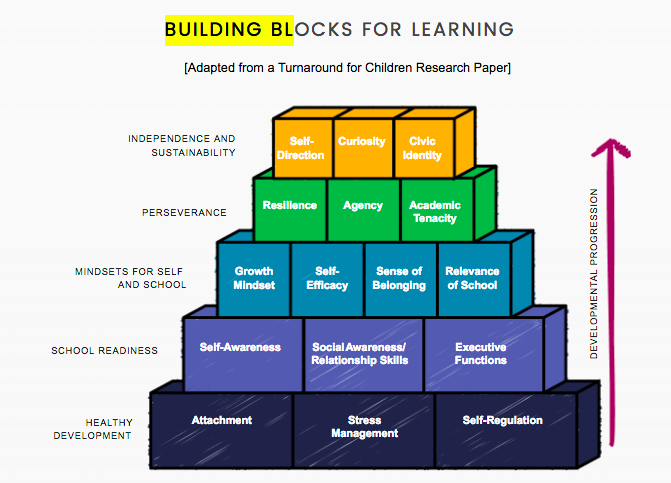

Our staff has been doing some reading and discussion lately. We’ve been taking our time through Paul Tough’s Helping Children Succeed, which, amazingly, is available in full online.
Tough highlights insights about teaching that many instinctive teachers already feel to be true. Tough, however, makes it clear that these insights are also supported by the latest and best research into the psychology of motivation, adverse childhood experiences, and childhood stress.
The two most important points Tough makes are, in summary, that:
1. The brains of kids who grow up in adversity become hardwired into survival mode. Constantly having to deal with trauma and stress, these kids are so in fight or flight mode that they don’t get the chance to build important neural connections and practice essential abilities like dealing with strong emotions and controlling impulses.
From the online book:
2. Teachers can make a difference for these kids by creating an environment that sends subtle messages that kids have agency, are competent, are respected, can succeed, and are connected to positive relationships. These messages set the conditions in which students feel intrinsically motivated, which is a much more effective form of motivation than prizes or punishments. And best of all, in this kind of environment, students can be guided toward managing stress and trying out different behaviors than the ones they’ve been stuck in.
From the online book:
What this tells me is that so much of education isn’t the subject matter so much as the environment created by the subtle things like a teacher’s personality and attitude toward students. We already know this to be true in athletics. It’s not that kids are going to all grow up to be pro athletes; it’s that when students are respected, challenged, and given the agency to succeed alongside others, some kind of magic happens.
Tough’s work is a reminder to us as educators to stay vigilant about the spaces we are creating for students.